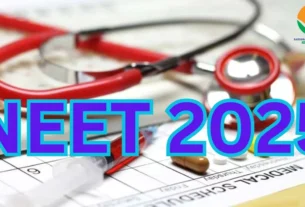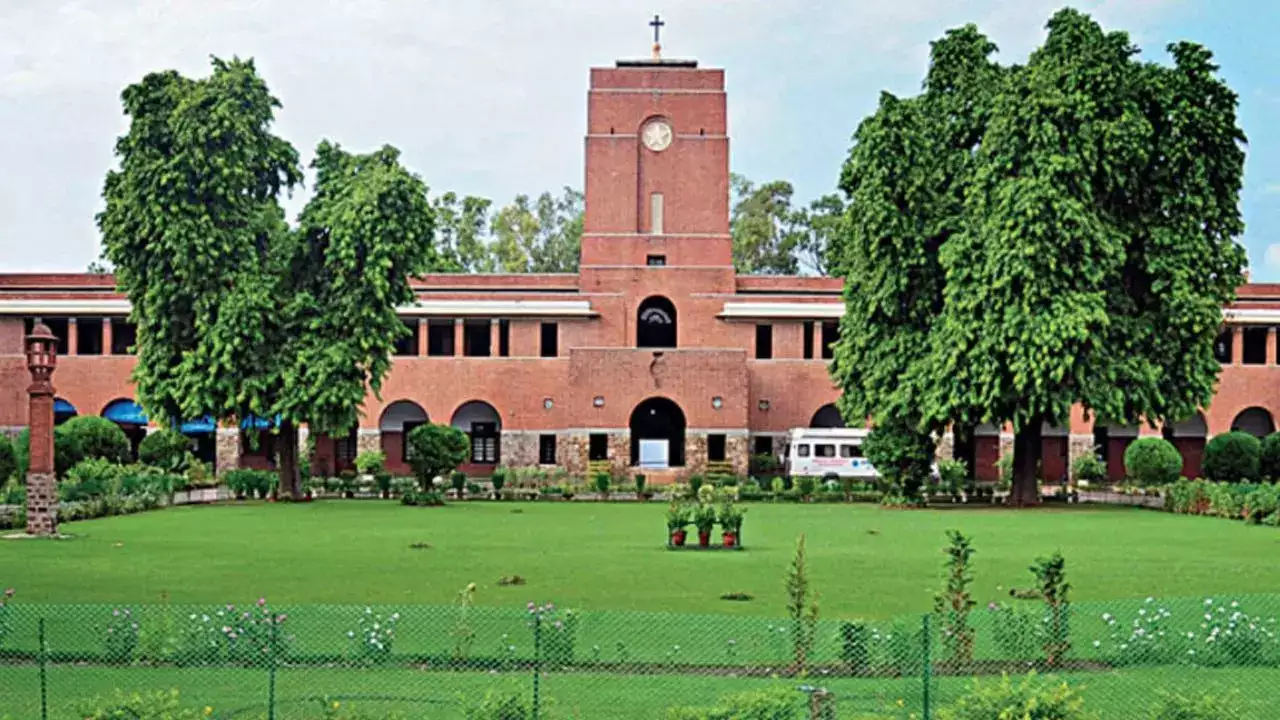The National Eligibility cum Entrance Test (NEET) is a pivotal examination for medical aspirants across India. Administered by the National Testing Agency (NTA), NEET serves as the gateway for students seeking admission to undergraduate medical and dental courses in both government and private institutions. The exam’s significance cannot be understated, as it determines the eligibility and ranking of candidates based on their performance in subjects such as Physics, Chemistry, and Biology.
NEET is conducted annually, with a standardized syllabus derived from the National Council of Educational Research and Training (NCERT) curriculum. The evaluation process is stringent, ensuring that only the most competent students secure seats in medical colleges. The results are compiled and released by the NTA, which provides a detailed scorecard reflecting individual scores, percentiles, and All India Ranks (AIR).
In the recent NEET exam results, a notable disparity has emerged, particularly affecting students from Maharashtra. Statistical data indicates that the state’s performance has lagged behind other regions, prompting concerns among students, parents, and educational authorities. This perceived injustice has intensified calls for an investigation into the evaluation process and the criteria used for ranking candidates.
Historically, there have been instances where the NEET results have sparked controversy. Allegations of bias, discrepancies in marking, and technical glitches have occasionally marred the credibility of the examination. Maharashtra, in particular, has previously raised issues regarding the fairness of the results, citing concerns over the regional representation and the impact on local students’ opportunities.
Understanding the background and context of the NEET exam results is crucial in grasping the depth of the current controversy. The examination’s role in shaping the future of medical aspirants makes it imperative to address any allegations of injustice comprehensively and transparently, ensuring a fair chance for all students across India.
Maharashtra Government’s Allegations and Demands
The Maharashtra government has raised several serious allegations regarding the recent NEET exam results, claiming significant injustices against the state’s students. Chief among these grievances are accusations of unfair practices and discrepancies in the evaluation process. According to official statements, the state government asserts that there have been irregularities in the administration of the exam, which have disproportionately affected Maharashtra’s aspiring medical students.
In a detailed briefing, state officials presented data that purportedly highlights anomalies in the scoring system. They argue that these discrepancies have led to an unjust disadvantage for students from Maharashtra, compared to their peers from other states. Specific areas of concern include alleged errors in the question paper, discrepancies in answer key evaluation, and a lack of transparency in the overall examination process.
As a result of these findings, the Maharashtra government has formally demanded the cancellation of the current NEET results. They are advocating for either a complete re-evaluation of the existing answer sheets or the conduction of a re-examination to ensure a fair assessment for all students. The state’s education minister has been vocal in these demands, emphasizing the need for an equitable process that maintains the integrity of the medical entrance examination.
The implications of these demands are far-reaching. Should the NEET results be annulled, it would not only affect thousands of students who have already planned their academic futures but also pose logistical challenges for educational institutions. A re-examination could delay the admission process, impacting the academic calendar and creating uncertainty for students and their families.
Reactions from other stakeholders have been mixed. Student organizations and parents, particularly those from Maharashtra, have expressed support for the government’s stance, citing the need for a fair evaluation. On the other hand, some educational experts and authorities in other states have cautioned against hasty decisions that could further complicate the already competitive and high-stakes environment of medical education in India. This controversy underscores the critical need for a transparent and reliable examination process that can withstand scrutiny and ensure justice for all candidates.





